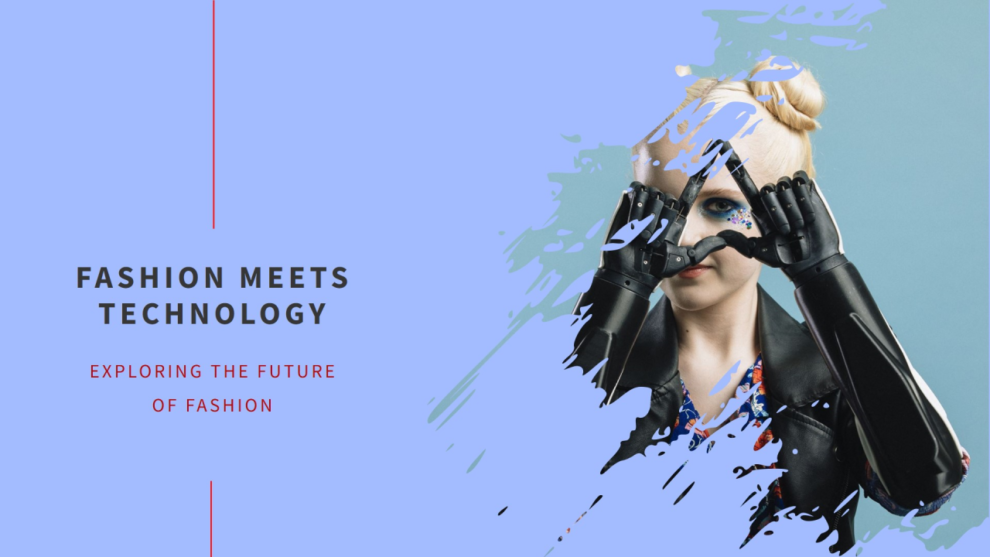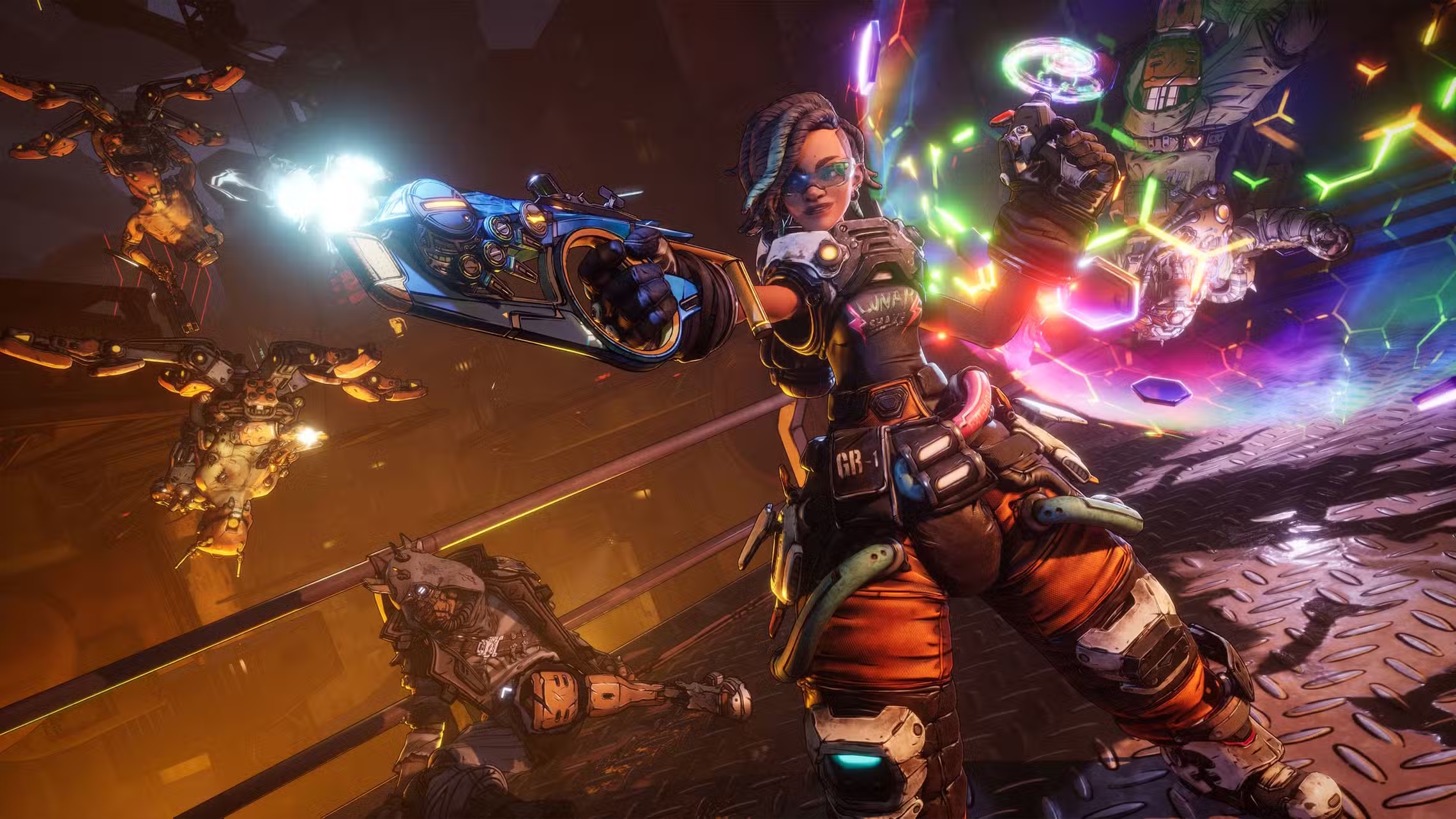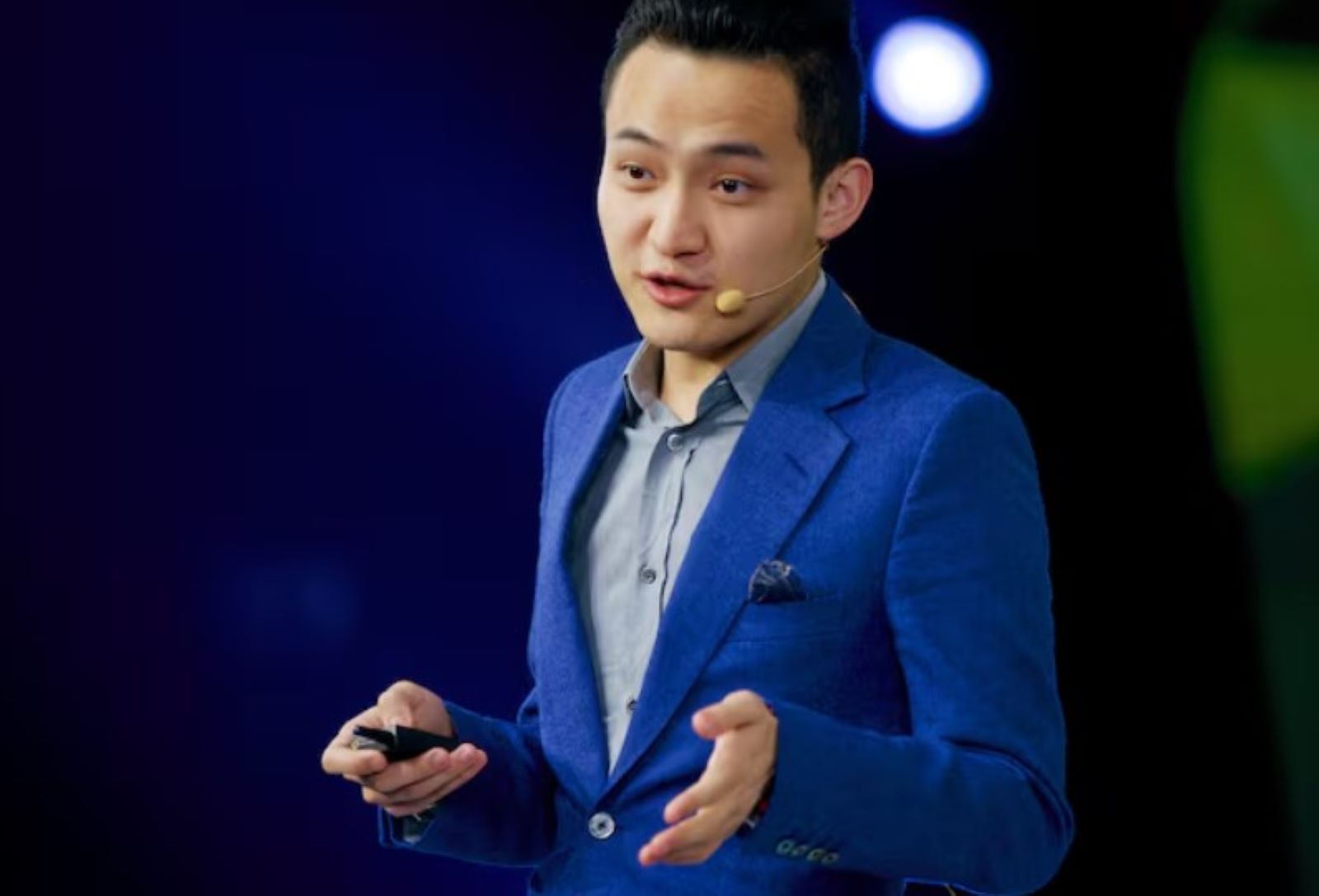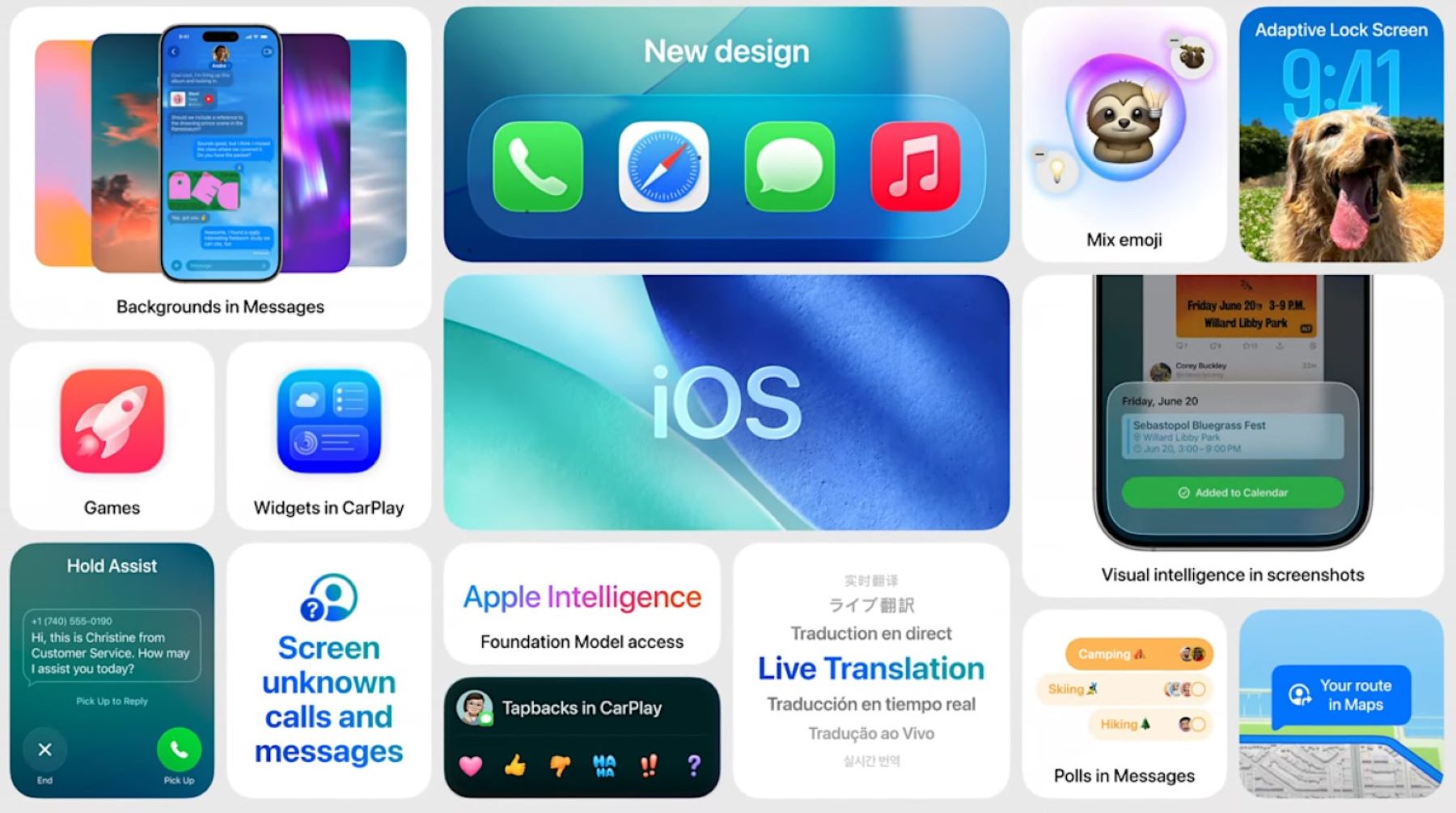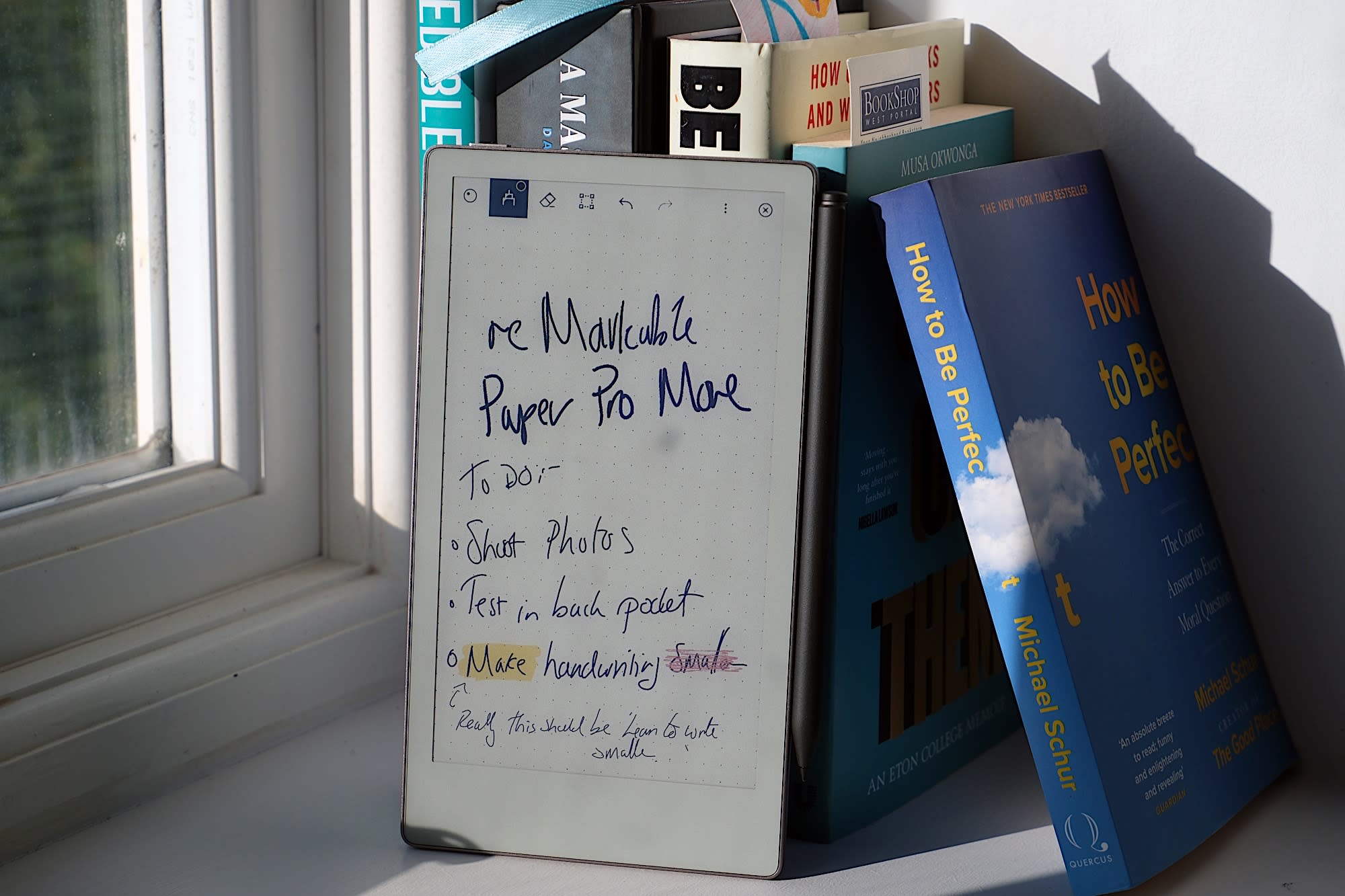In the ever-evolving world of fashion, a quiet revolution is underway. Artificial Intelligence (AI), once confined to the realms of science fiction, is now making its mark on runways, design studios, and even our shopping carts. From generating unique designs to predicting trends and personalizing the consumer experience, AI-generated models are poised to reshape the fashion landscape as we know it.
The Who, What, When, Where, and Why
Who: Fashion designers, brands, retailers, and consumers are all embracing AI-generated models.
What: AI algorithms are being used to create original designs, forecast trends, personalize shopping recommendations, and streamline manufacturing processes.
When: The integration of AI in fashion has been steadily increasing over the past few years, and its impact is expected to accelerate in the coming decade.
Where: AI-generated models are being deployed globally, from major fashion capitals like Paris and Milan to emerging markets in Asia and Africa.
Why: AI offers the fashion industry unprecedented opportunities to boost creativity, efficiency, and sustainability.
The Creative Spark: AI-Powered Design
AI-generated models are empowering designers to push the boundaries of creativity. By analyzing vast datasets of fashion imagery, trends, and consumer preferences, AI algorithms can generate novel designs, patterns, and color palettes that might not have been conceived by human minds alone. This allows designers to experiment with new ideas, explore uncharted territories, and create collections that are both innovative and commercially viable.
Trend Forecasting: AI’s Crystal Ball
In the fast-paced world of fashion, staying ahead of the curve is crucial. AI-powered trend forecasting tools are revolutionizing the way brands anticipate consumer desires. By analyzing social media feeds, online search queries, and sales data, AI algorithms can identify emerging trends, predict their trajectory, and help brands create collections that resonate with their target audience. This not only reduces the risk of overstocking or missing out on popular styles but also enables brands to be more agile and responsive to market shifts.
The Personalized Touch: AI-Driven Consumer Experiences
Gone are the days of one-size-fits-all fashion. AI-generated models are enabling brands to deliver hyper-personalized shopping experiences. By analyzing individual preferences, browsing history, and purchase behavior, AI algorithms can curate tailored product recommendations, suggest outfit combinations, and even offer virtual try-on experiences. This not only enhances customer satisfaction but also drives sales and brand loyalty.
Streamlining the Supply Chain: AI’s Efficiency Boost
The fashion industry’s complex supply chain is ripe for disruption. AI-generated models are being deployed to optimize inventory management, streamline production processes, and reduce waste. By accurately predicting demand and identifying potential bottlenecks, AI algorithms can help brands minimize overproduction, avoid stockouts, and ensure that garments reach consumers in a timely and cost-effective manner.
Sustainability: AI’s Green Thumb
The fashion industry’s environmental impact is under increasing scrutiny. AI-generated models are emerging as a powerful tool for promoting sustainability. By optimizing material usage, reducing waste, and enabling on-demand production, AI algorithms can help brands minimize their carbon footprint and create a more circular fashion ecosystem.
My Personal Experiences
As a fashion enthusiast and tech writer, I’ve had the privilege of witnessing firsthand the transformative power of AI in the fashion industry. I’ve seen AI-generated designs grace the runways of major fashion weeks, marveled at the accuracy of AI-powered trend forecasts, and experienced the convenience of personalized shopping recommendations. I believe that AI has the potential to make fashion more accessible, inclusive, and sustainable for all.
The Road Ahead: Challenges and Opportunities
While the potential of AI in fashion is immense, there are also challenges to overcome. Concerns about job displacement, data privacy, and algorithmic bias need to be addressed proactively. However, I’m optimistic that with responsible development and deployment, AI can be a force for good in the fashion industry.
AI-generated models are revolutionizing the fashion industry in ways we could only dream of a few years ago. From design to consumer experience, AI is empowering brands to be more creative, efficient, and sustainable. As we embrace this new era of fashion, let’s harness the power of AI to create a more vibrant, inclusive, and responsible industry for all.
